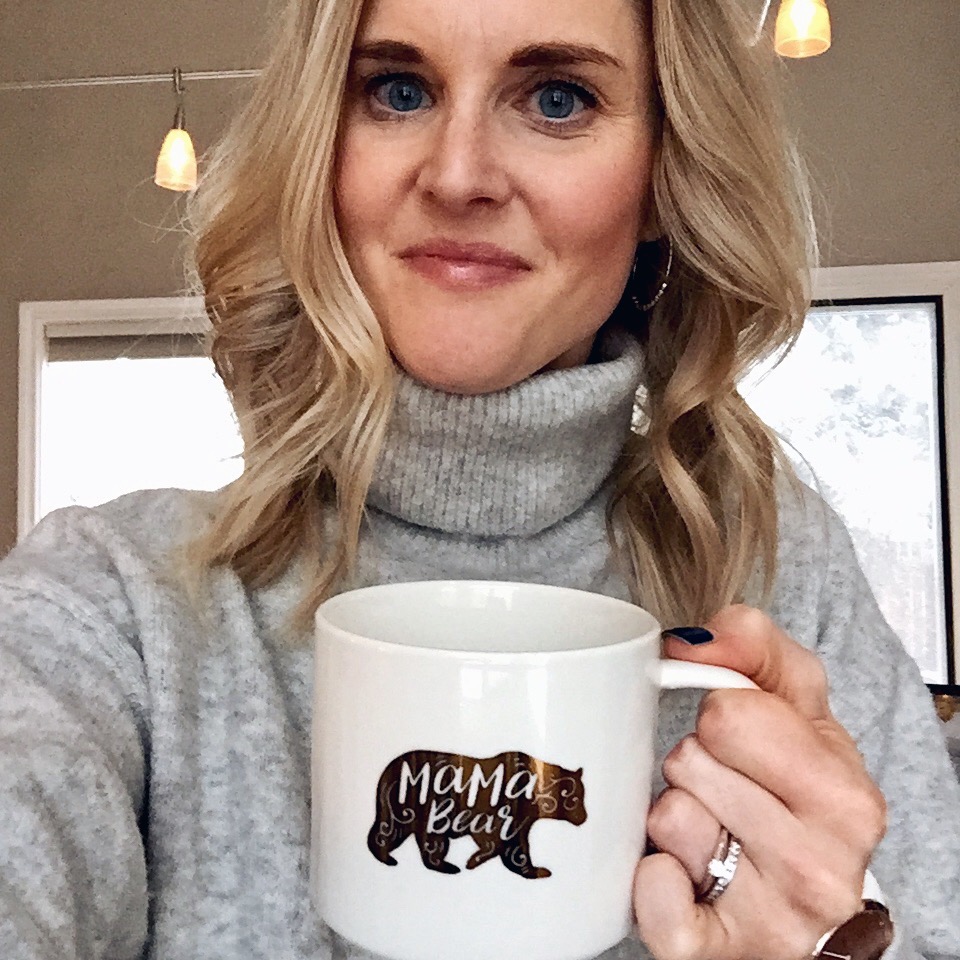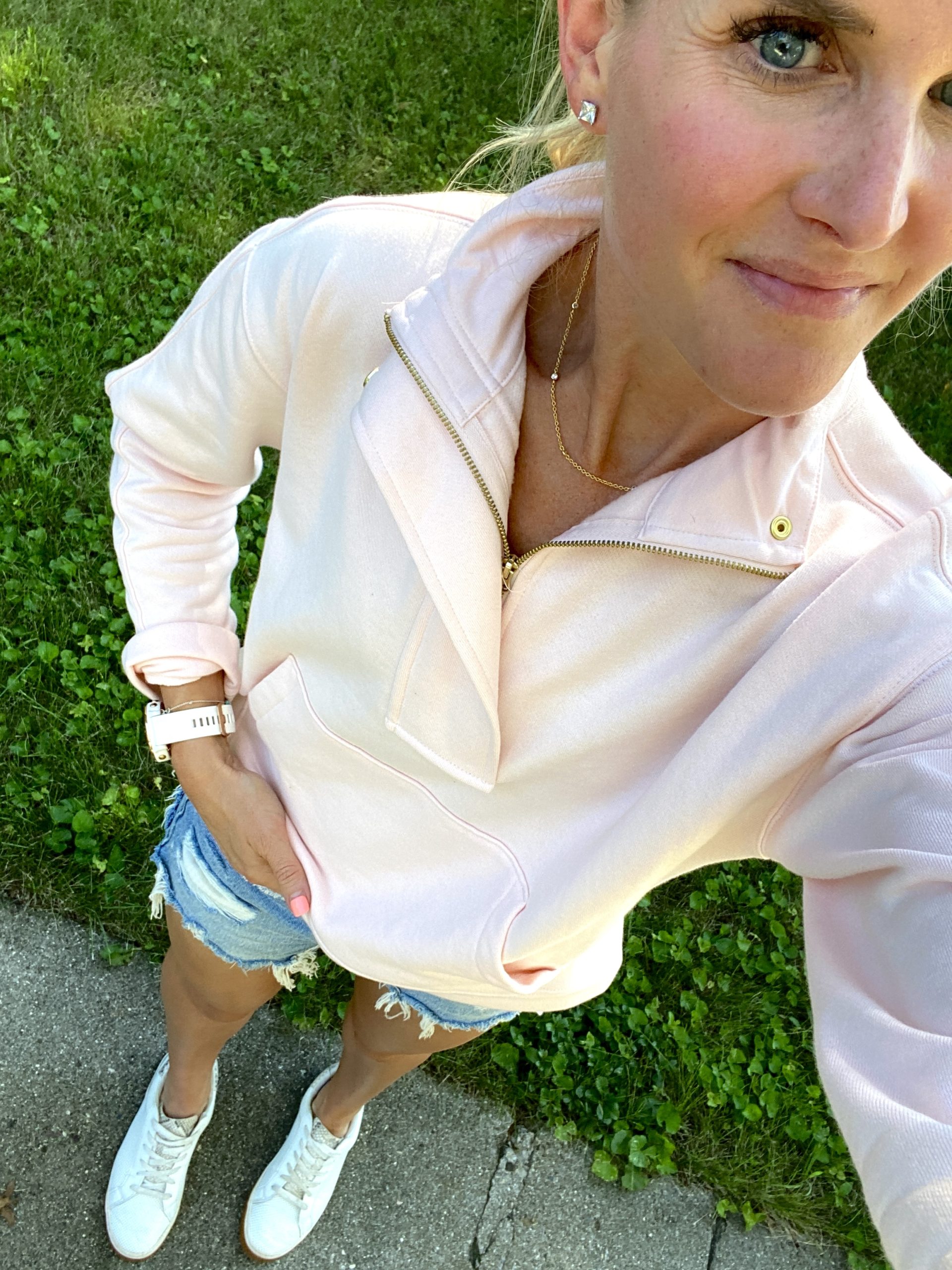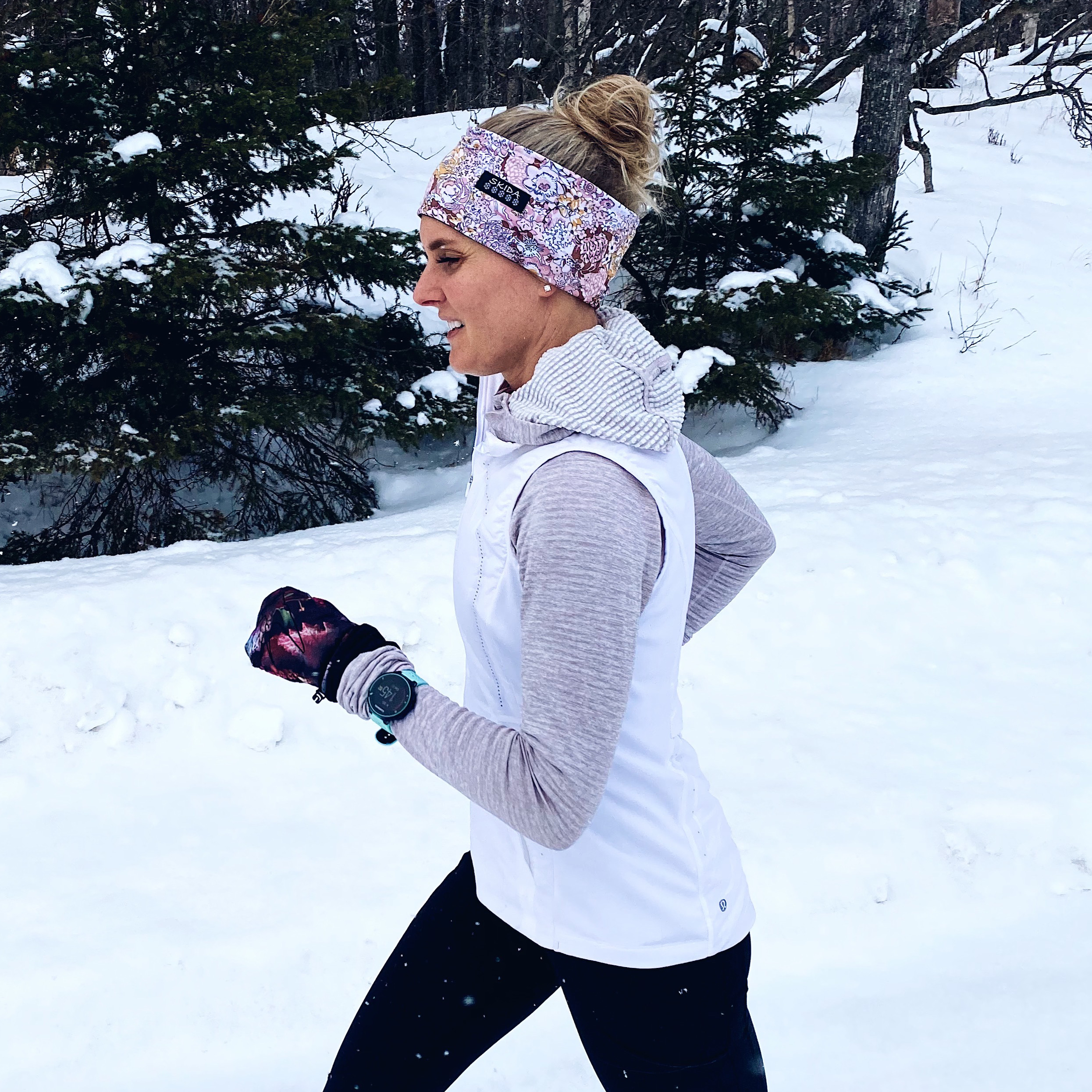Have you considered starting an online coaching business for runners but not sure where to start?
Well, after my nine years of experience coaching runners virtually, I thought I would share some insights on things I’ve learned during this time in hopes it might help someone else who is interested in getting into this line of work.
I’ve been fortunate to have developed a successful coaching business [PR (Personalized Running) Coaching] during these last nine years, and I’ve had the privilege of working with hundreds of athletes all over the world one-on-one and other runners who have purchased my training plans that have helped them set new PRs, conquer new distances, or get back into running postpartum or after an injury. With this knowledge I’ve gained, it is time to share some tips if you are looking to get into online coaching yourself.

When I started my coaching business nine years ago, I didn’t really know where it would take me, but I am so happy with what it lead to. The ability to be able to do this job from anywhere, while staying at home with my kids, and being my own boss has been everything I could have dreamed of.
My growth has been very organic, acquiring most of my athletes through my blog and Instagram and some through the running community in Anchorage when I lived there. I started out coaching a few friends I knew in real life and now have a full roster of athletes and have had a wait list for the past 18 months. I have coached runners to their first BQ (Boston Qualifier), stay accountable to their goals, keep them healthy, and achieve multiple PRs over the years.
During this time, I have gained some insight into the run coaching world. I am hoping to share a little bit of information with others if someone is interested in starting their own online coaching business. I am happy share with others what I have learned since there probably aren’t a lot of resources out there, so here are some tips and tricks I’ve picked up over the years on what to consider when starting your own online coaching business.

What certification should I get?
There are 3 primary certifications I hear about to become a certified running coach: RRCA (Road Runner’s Club of America), vDot O2, and USATF (United States of America Track and Field).
RRCA is a two-day course either in-person or virtual where you learn how to write plans, learn about coaching periodization, combating injuries, how weather and altitude affects running, along with a variety of other topics. This is the certification I have and was very impressed with the knowledge shared by the instructor. You can read more about my experience in this blog post. At the end of the course, you do have to pass the test in order to obtain your certification as well as complete a CPR and first aid course.
VDot is an 1 hour 45 minute video done by Dr. Jack Daniels that you watch at your own pace and then complete the 80 question exam with 80% correct in order to become certified. You can also read the book: Daniel’s Running Formula book, which is where the questions in the test come from. This is the next certification I want to obtain, and I can speak more on this once I have done that.
USATF coaching certification tends to be a training for high school and college coaches since it has the track and field component. I would love to take this because I love learning about anything running-related, but at this point in time it doesn’t make a lot of sense for me to get this certification.
I have heard of a few other programs, but these are the programs I trust and would highly recommend for gaining a certification in coaching.
How do I get workouts to athletes?
You can either use an app (I listed a couple below in the next question), or I still hear quite a few coaches using a basic Excel spreadsheet, which is what my coach used for the longest time. She was a finance major, so she knew how to do all sorts of formulas and fun things with the spreadsheet, so it was pretty advanced. An Excel spreadsheet is free and basic, whereas the apps do have a monthly fee but allow the athlete to connect their GPS watch and all of their running metrics will be uploaded to the app. The coach gets notifications for comments and uploaded workouts, and the apps are very user-friendly.
What app should I use to get workouts to athletes?
The two coaching apps I hear about the most are Final Surge and vDot. I know a few people who use Training Peaks, and I’ve used it but it seemed more geared towards triathletes. I have used both Final Surge and vDot and love both off them. They have a lot of similarities, both are very user friendly, and have a lot of really cool features, but there are a few differences as well.
The biggest difference is that vDot will automatically calculate training paces for each athlete, so you as a coach don’t have to do that. I think that has it’s pros and cons as a coach, so a lot of it depends upon your coaching style. Final Surge has a “discussion wall” for all of the athletes on your team and place to add files and resources for all of your athletes to see as well.
If you want a free platform, I did use RunningAHEAD which got the job done, but it wasn’t anything fancy. I shared an account with each athlete, and I logged in with their email address and each athlete had the same password.
Do I need a business license?
What is required for you and your business will depend upon your state. But my guess is every state is going to require a business license when you’re selling goods or services. I have a business license through the state of Minnesota (and had one through Alaska when we lived there), which were both relatively easy to obtain.
What entity should I file taxes under? LLC? S-Corp?
I would highly recommend talking to a CPA regarding this because how you file your taxes is going to be different for everyone/every situation. I am a LLC, sole proprietor (because I do not have any employees) and plan to stay that way for the foreseeable future.
How do I get athletes?
I started by letting my friends and family know I was interested in taking on athletes to coach one-on-one. My first athletes were also friends of mine. Luckily I had my blog where I published a post announcing that I was working with runners of all abilities. At first I only had a handful of athletes–sometimes only a couple, but I was okay with that because this was just a little hobby of mine that I could earn a little bit of extra income for my family.
Now with all the different social media platforms, finding athletes to coach is a lot easier.
I’d suggest having a landing page for your coaching services whether that is an Instagram account, blog, or website. That way you can share all the relevant information regarding your coaching services: philosophy, what your coaching offers, rates, and how potential clients can contact you.
Coaches can also join a “coaching collective” where you can advertise your coaching services on a platform. I know vDot has their Marketplace and a fellow coach told me they are on Team RunRun, which I wasn’t aware of.
How much do I charge?
How much you charge for your services is going to depend upon how valuable your time is and how much your think your knowledge and expertise is worth. When I started coaching, my rates were lower since I didn’t have a lot of experience. As time has gone on, I’ve increased my rates over the years as I have gained knowledge, a coaching certification, and as my athletes saw success because that reassured me I was providing a valuable service. I’d suggest calculating an average amount of time you foresee spending on each athlete and then coming up with an hourly rate you would like to earn–taking into consideration how much you think people would be willing to pay for your services.
Hopefully this gives you a basic idea of some things to consider if you want to become a virtual running coach. If you have additional questions, feel free to ask them in the comments. I am sure I missed a couple of things, so feel free to comment below, and I can always edit this post to include more information.






